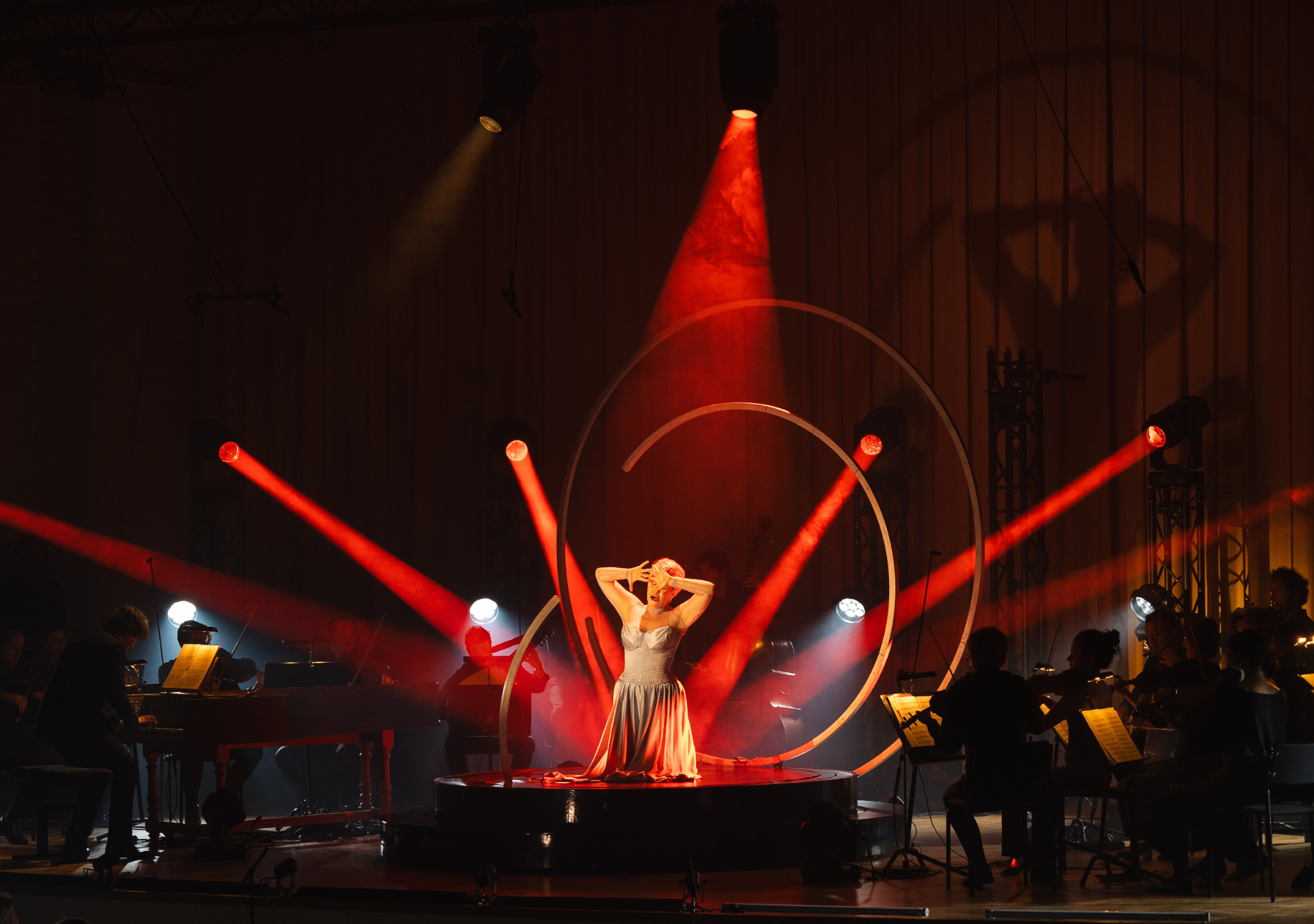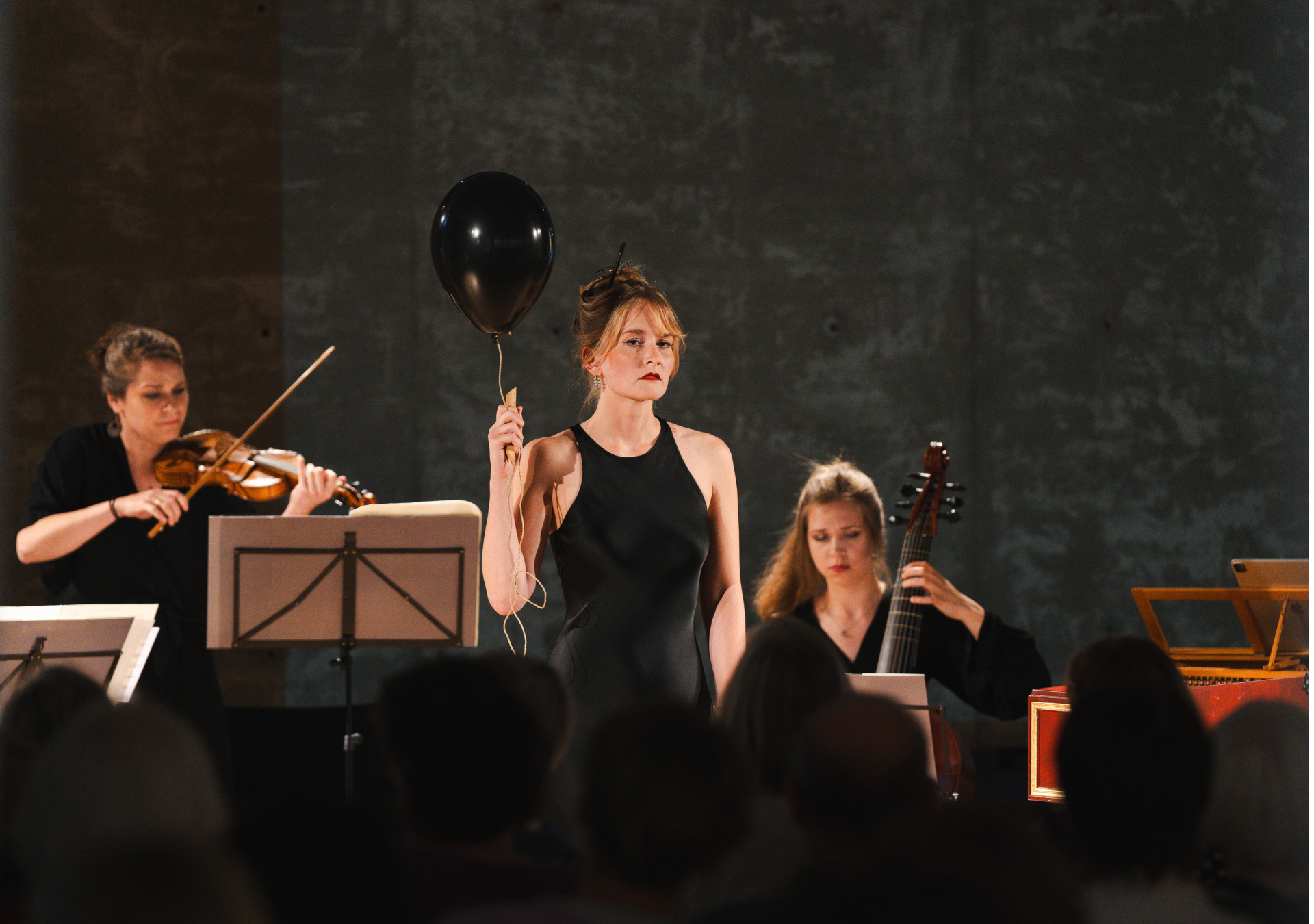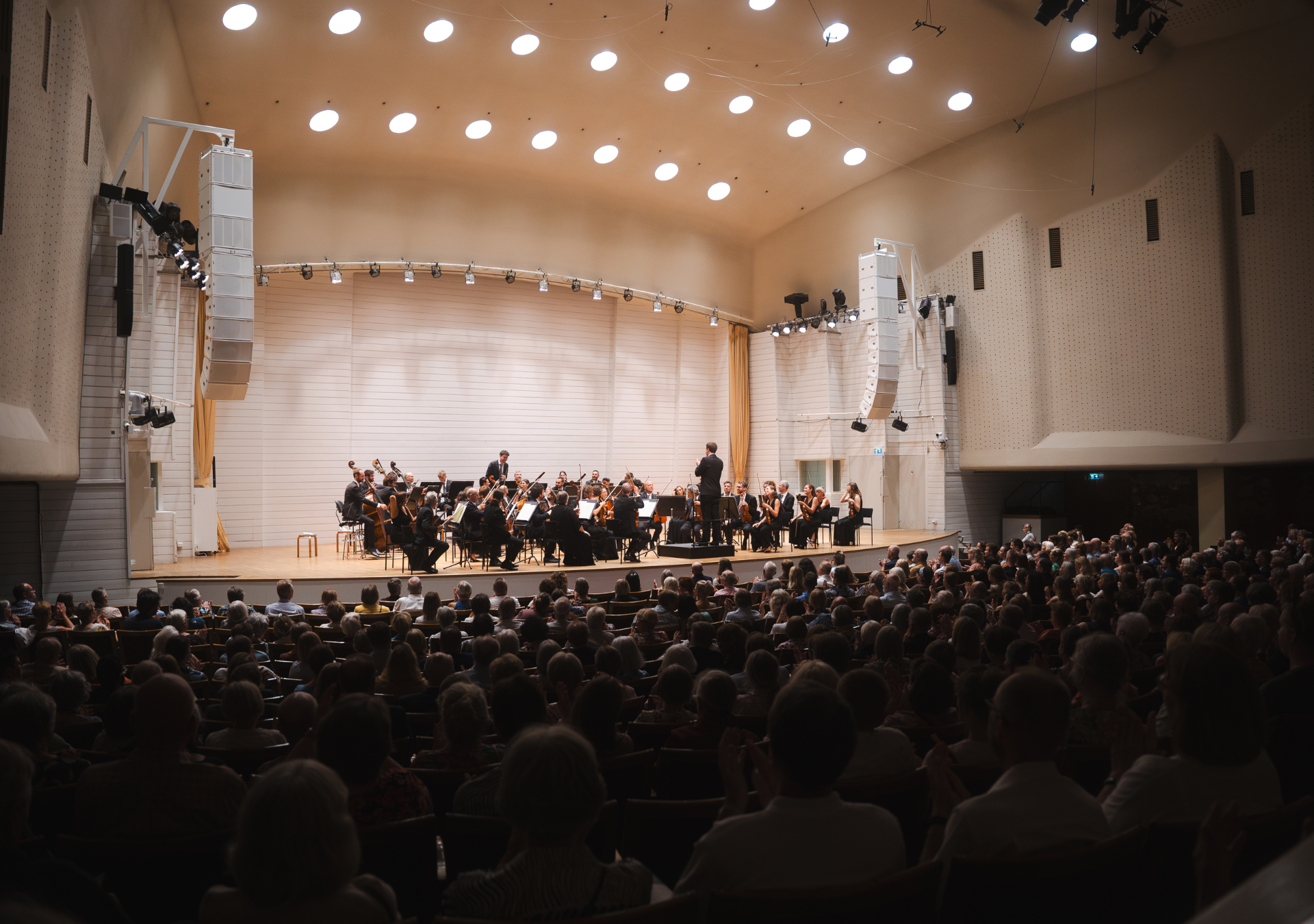The Turku Music Festival is a nationally and internationally known and appreciated event. The Festival has a dedicated regular audience, who actively follow events on the culture and music scene.
The headline funding provider and most prominent interest group of the Foundation is the City of Turku. Under the stated vision of the city, Turku invites everyone to engage in meaningful experiences, work, pioneering efforts and sustainable growth – to enjoy the best time of their life. The Turku Music Festival also builds on the goals of the City of Turku Cultural Spearhead Project and culture promise to promote Turku as an attractive destination for international cultural tourism. The City has made substantial investments in culture in the interests of attaining these goals.
Moreover, the Turku Music Festival has been designated one of the 16 most significant festivals in Finland by the Ministry of Education and Culture, and as such is the recipient of an annual discretionary grant from the Ministry. It is a stated aim in the cultural policy strategy of the Ministry, which extends to 2025, to improve resources for artistic work and other creative work and to diversify production and distribution in this field. Active engagement in culture has increased, and differentials between population groups in their level of such engagement have decreased. Culture in Finland rests on a solid and sustainable foundation.
In addition to grants from the City and the central government, the Festival generates income from ticket sales, grants from private foundations, corporate partnerships, production services and other miscellaneous revenue. New ways of operating and new partnerships are constantly being sought to augment these.
The vision and strategic goals of the City of Turku on the one hand and the strategic aims of the Ministry of Education and Culture on the other form an excellent basis for the work of the Foundation. They also obligate the Foundation to set ambitious long-term goals and to manage its operations and finances responsibly.
Gaining grants from private foundations requires projects that are of a high quality and distinction and also align with the strategic expectations of these funding providers. This must be taken into account in project planning and on grant applications.
The Managing Director of the Foundation is accountable to the Board of Directors for the overall planning, quality and finances of the Foundation’s operations and also for its success in the long term. The Artistic Director of the Festival brings an individual vision and network of connections to the programme planning of the Festival in order to make it as interesting as possible for performers and audiences alike. The Foundation has a small organisation and thus relies largely on the networks and partnerships that it has established. One of the Foundation’s key partners is the Turku Philharmonic Orchestra. The Foundation has also entered into a strategic partnership agreement with the Turku City Theatre in respect of its role in the Fuuga music centre, which is scheduled to open in 2026. The concept here is for the Foundation to put on classical music and opera projects of international interest, thus reinforcing the cultural tourism potential of Turku in general and of Fuuga in particular.
The timetables of the leading performers and visitors of the Festival are basically locked in two to three years in advance, meaning that the Festival must have a long enough planning horizon and engage in an active exploration of options and opportunities.
Because decisions on engaging artists must be made so far in advance, it is vital to have a multiannual agreement with the headline funding provider, i.e. the City of Turku, and a long-standing working relationship with the Ministry of Education and Culture.





